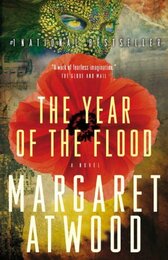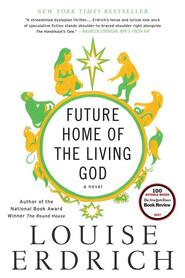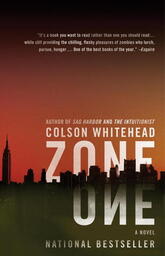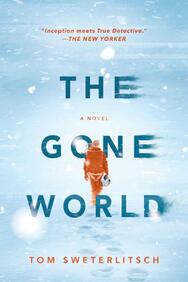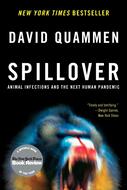UH 4000-01: Surviving Apocalypse, Spring 2021
|
Although apocalypse is a narrative about the end of a world, it is equally interested in its own aftermath, the post-apocalypse, and thus invested in questions of survival and recovery. In the wake of Covid-19, while the global scale of illness and death and the extensive disruptions to normal life might feel like the end of the world for some people, many others have already experienced a long history of violence and vulnerability. In this sense, the apocalypse is not the same for everyone, often exposing the ongoing inequalities of economic precarity and systemic oppression. In this course, we will read a range of contemporary novels that express a clear concern for not only who survives the apocalypse but what that survival looks like for different groups of people. How does the apocalypse give voice to the oppressed? How does it function as a response to contemporary anxieties and traumas? How does it engage with utopian visions or demands for a better world? We will primarily focus on plague or pandemic fiction alongside selected chapters from David Quammen’s Spillover, which provides a nonfiction science account of global viruses and zoonotic diseases. Each chapter will correspond with one of the novels and students will also have access to an interdisciplinary podcast discussion of Spillover with Prof. Thomas Rooney from the Department of Biology. Class discussions will be on Zoom every Tuesday from 2:00-3:20 pm. and I will post each week's chat box questions and discussions below.
|
Required Texts, Zoom Discussions, and Podcasts
Spillover PodcastsEp. 1: Chap. 1
Ep. 2: Chap. 3
Ep. 3: Chap. 4
Ep. 4: Chap. 5
Ep. 5: Chap. 6
Ep. 6: Chap. 9
|
